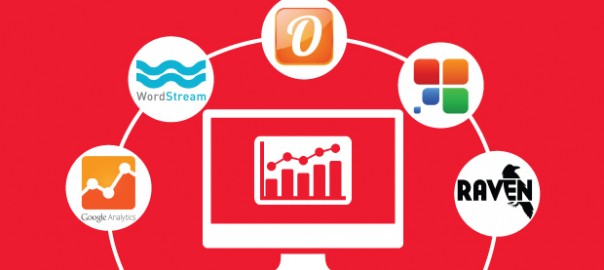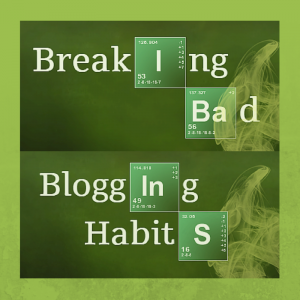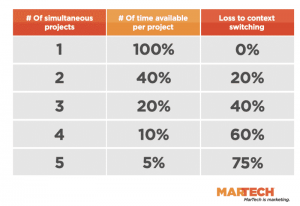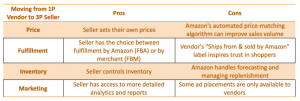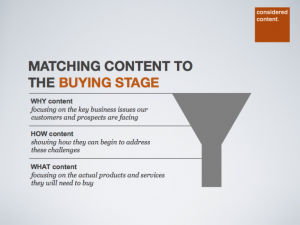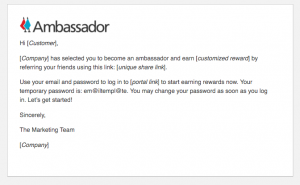
What is SEM?
Search engine marketing (SEM) is “the process of gaining traffic and visibility from search engines through both paid and unpaid efforts.”
To better understand SEM, let’s break it down into two buckets – PPC and SEO. Pay-per-click (PPC) advertising purchases online traffic through paid listings, including sponsored social media posts, Google AdWords, and Bing and Google ads. Search Engine Optimization (SEO) is the organic efforts to boost unpaid digital traffic acquisition. SEO efforts include keyword research, backlinking, website audits, and more.
Pay to Play (PPC)
PPC increases traffic leads or sales immediately … if you have the budget and an appropriate strategy. This concept is similar to the old-school print advertising that used a headline and call to action to promote a product or service. The only difference is that you can actually track results such as an increase in website visits, form fill outs, and online purchases. It’s an effective way to expand brand awareness, quickly. The downside to PPC is you pay to play. Following are some tools that can help you get the most out of your PPC Campaign.
1. Google Analytics
Google Analytics has an array of packages that can benefit any size business. The standard package is free and provides robust reporting. It helps you track measure sales and other types of web conversions. It also provides insights on your visitor traffic, what paths they take or what type of device they use to reach your site. The good news is that it measures anything and everything, but that can be overwhelming. Don’t get lost in the data. Pick some meaningful data points to track that really impact your business.
2. WordStream
While Google AdWords is extremely informative, it can get a bit tedious when collecting data.WordStream simplifies the Google AdWords process.
The software does a lot of the heavy lifting and saves you a great deal of time by conducting an audit on keywords you are currently using in your AdWords account. It then makes recommendations for keywords, ads, bids and even negative keywords which are important to improve click-through rate. Plus, the user-friendly interface makes it easy to set up campaigns and ad groups.
Another great perk is WordStream offers free keyword tools for those without a paid subscription. You can access their keyword generator, keyword niche finder, and keyword grouper tools without dropping a dime.
3. Optmyzr
Optmyzr is a fairly similar SEM tool to WordStream. However, in comparison with WordStream, Optmyzr is for more seasoned PPC pros, offering a better AdWords script.
The software taps into your AdWords account and looks at your overall quality score, analyzing account and AdGroup levels. They extricate AdWord scripts—the code commanding your account to do or not do something—that run in your Google AdWords account. Optmyzr then generates this data into weekly or monthly reports to deliver to your email.
This one-click optimization tool is a huge time saver. The really cool thing is they offer a free 14-day trial so you can try before you buy.
Slow and Steady (SEO)
SEO is an ongoing effort. It requires constant website improvements and tech updates. SEO is much more complicated than just choosing the right keywords – content marketing, ranking, and semantic searches must all be considered. A potential setback arises when Google changes their algorithm. Since it takes much longer to see SEO results than PPC, you run the risk of Google changing their algorithm, requiring you to rethink and rework your SEO efforts before your website ever had the chance to rank on the first few search engine pages. Below are a few tools that help maximize your SEO strategy.
1. SEO PowerSuite
One of our favorite tools is SEO PowerSuite, a nice alternative to enterprise SEO software.
The free version of the tool offers substantial SEO services, with a few limited capabilities. The software breaks things down into four core products. However, there’s one bonus service offering from within one of the core products that I want to share with you.
- WebSite Auditor – Examines your website and makes recommendations for technical and on-page fixes.
- Rank Tracker – Analyzes relevant website keywords and tracks progress of these keywords over time. Progression can vary from 3 to 9 months.
- SEO SpyGlass – Inspects your website’s backlink profile and competitors’ backlink profiles. If you have a competitor with much more authority and domain trust, you can look at their backlink profile and analyze the types of links they are getting. You can then mimic that strategy in your backlinking efforts.
- LinkAssistant – Similar to Spyglass, the difference is you can connect with other webmasters and share relevant data.
- BuzzBundle – A part of LinkAssistant, BuzzBundle is a social media tool with similar offerings to the social media tools we identified in part 2 of this series
2. Raven Tools
Raven Tools is a dashboard that houses digital metrics tools. Some features include website audits, backlink research reports, SEO competitor research reports, and SEO content audits.
It offers a full range of SEO tools that are great for entry-level to intermediate webmasters. However, this tool does not go as in-depth with keyword research in comparison with other SEO tools on the market. If you’re looking for a simple place to track, research, and optimize your SEO campaign, look into Raven.
What’s your favorite SEM tool? Share in the comment section below.
Look out for part 4 of the 4-part blog series: Tech Tools and Trends: Part IV (CRM).
Digital & Social Articles on Business 2 Community(183)
Report Post